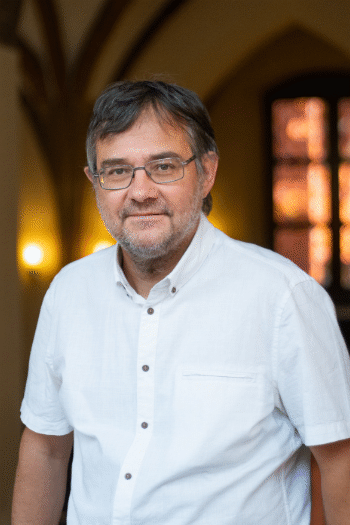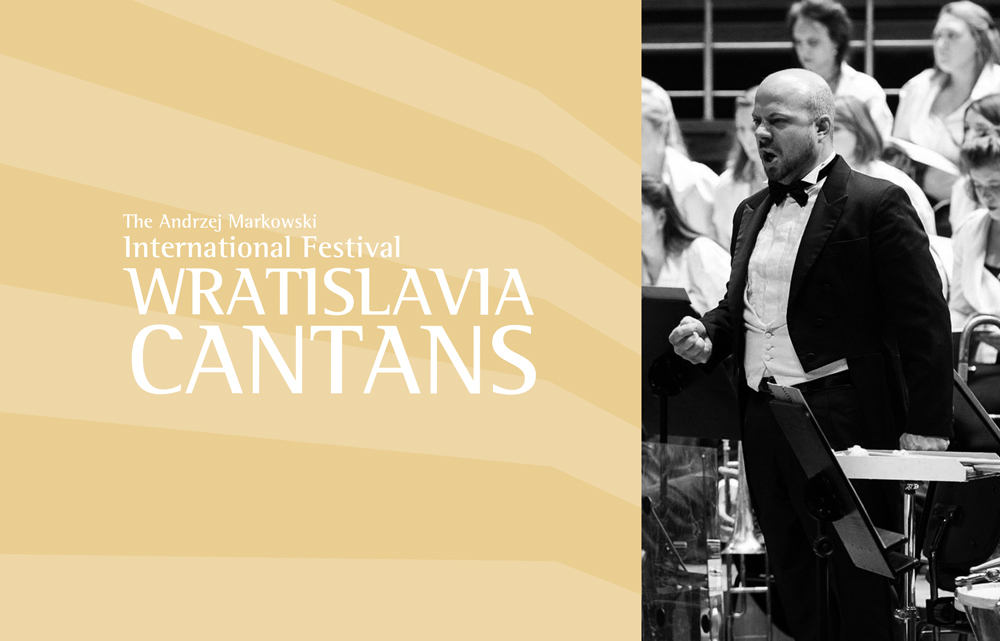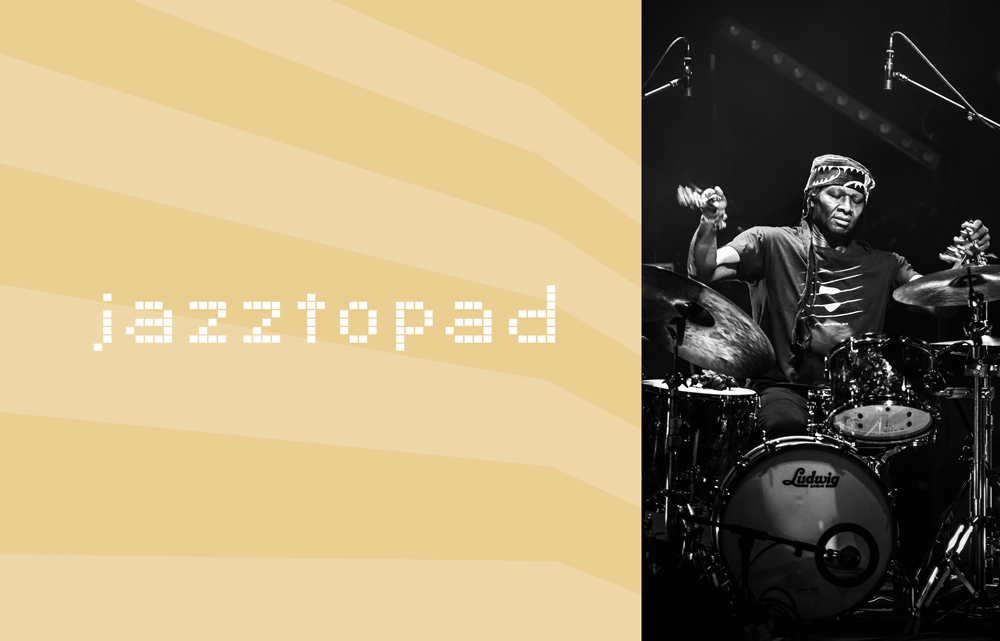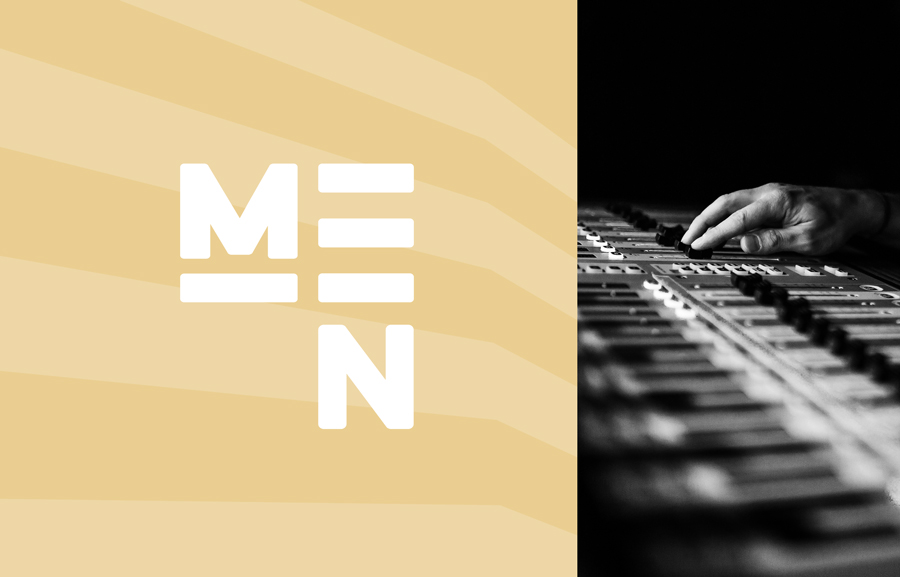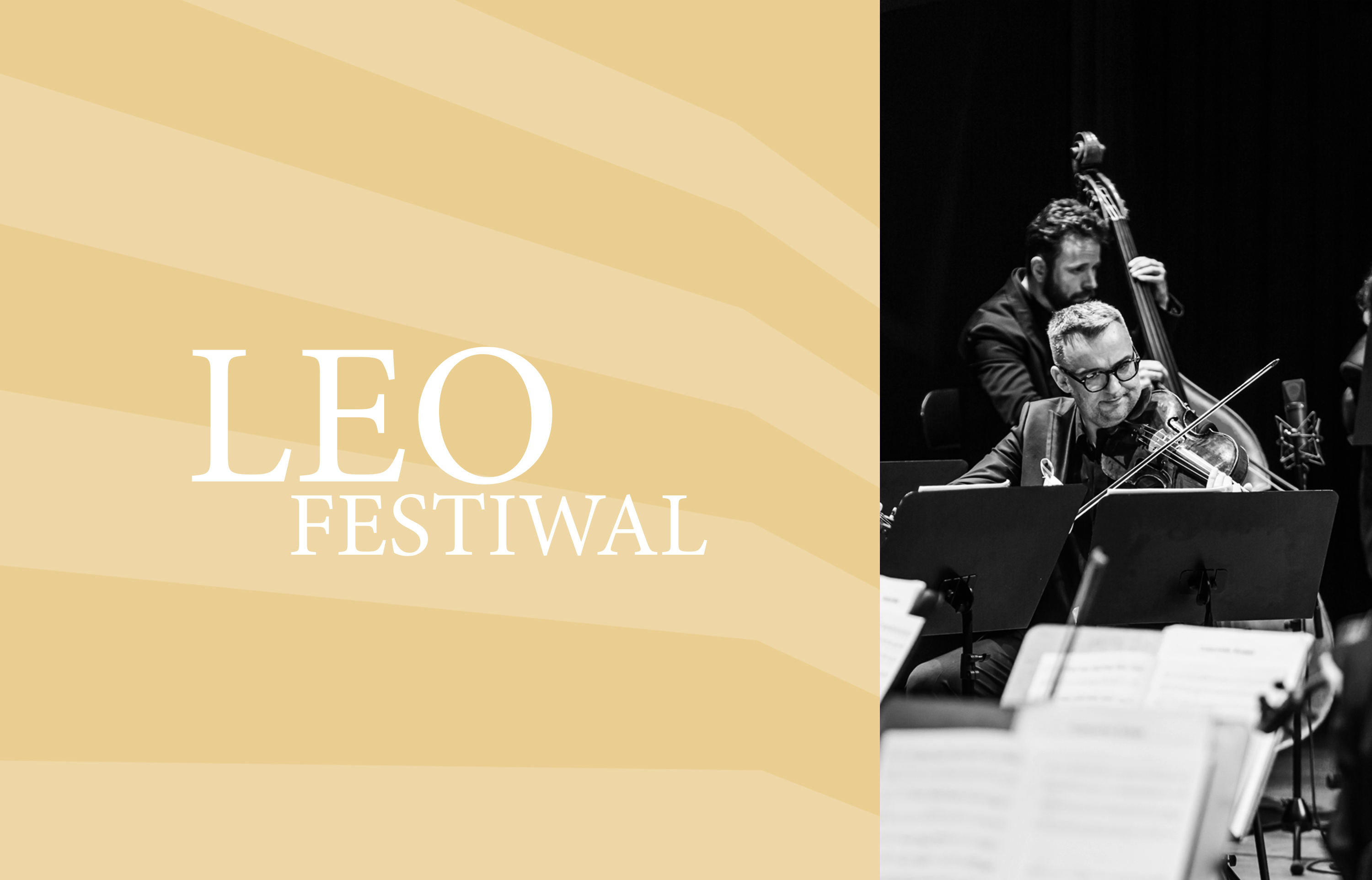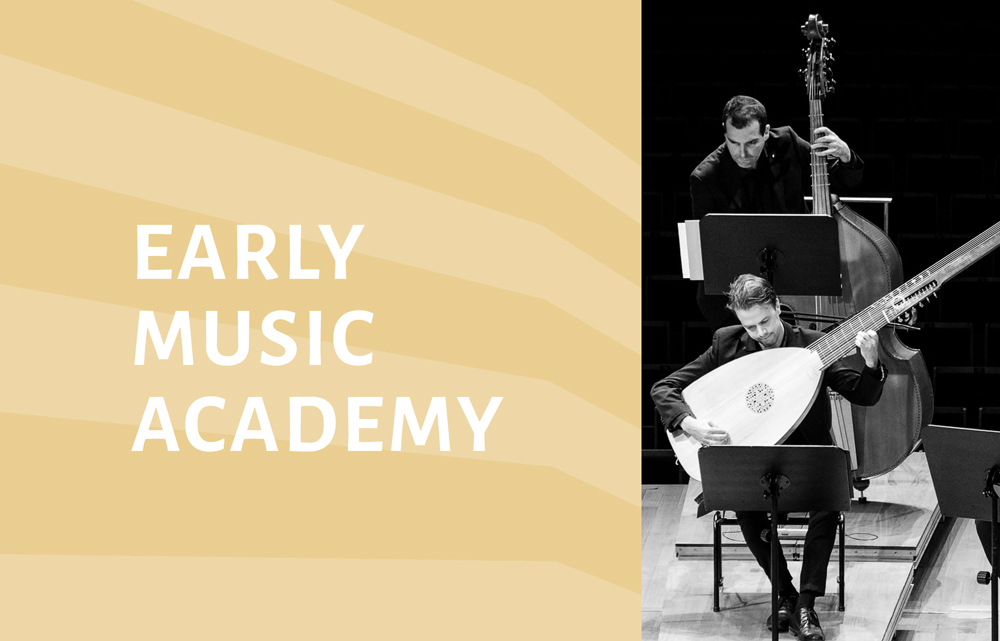An early music festival held in August, presenting period instruments and historical performance practices. The concerts introduce works from the times from the Middle Ages to Romanticism and present early music in a broader context – historical and social. The programme is enriched by dance performances. The Artistic Director of the festival is Tomasz Dobrzański.
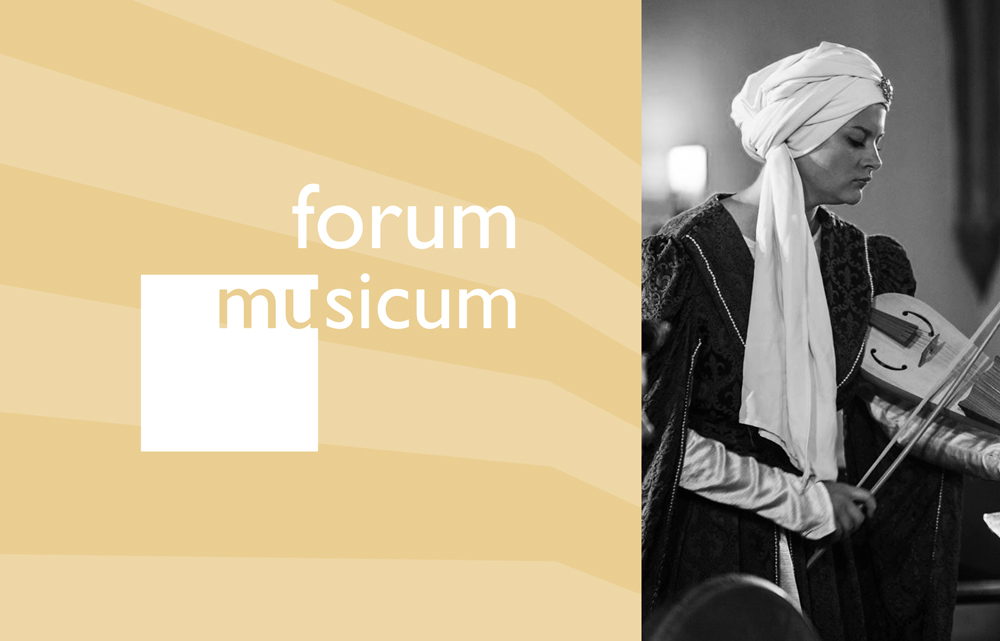
Forum Musicum


